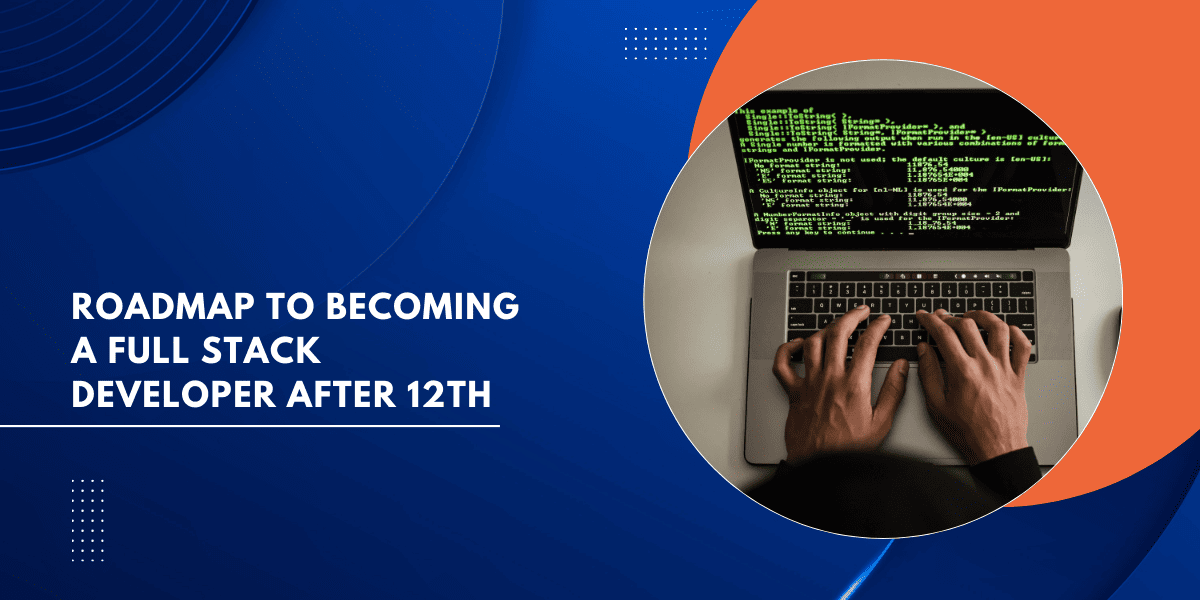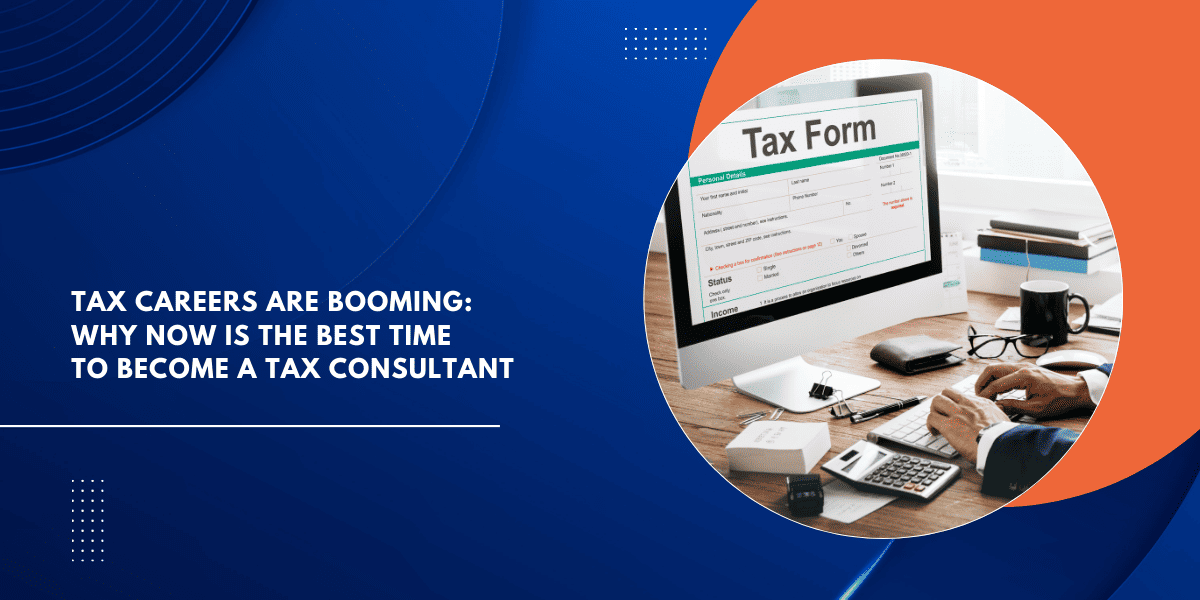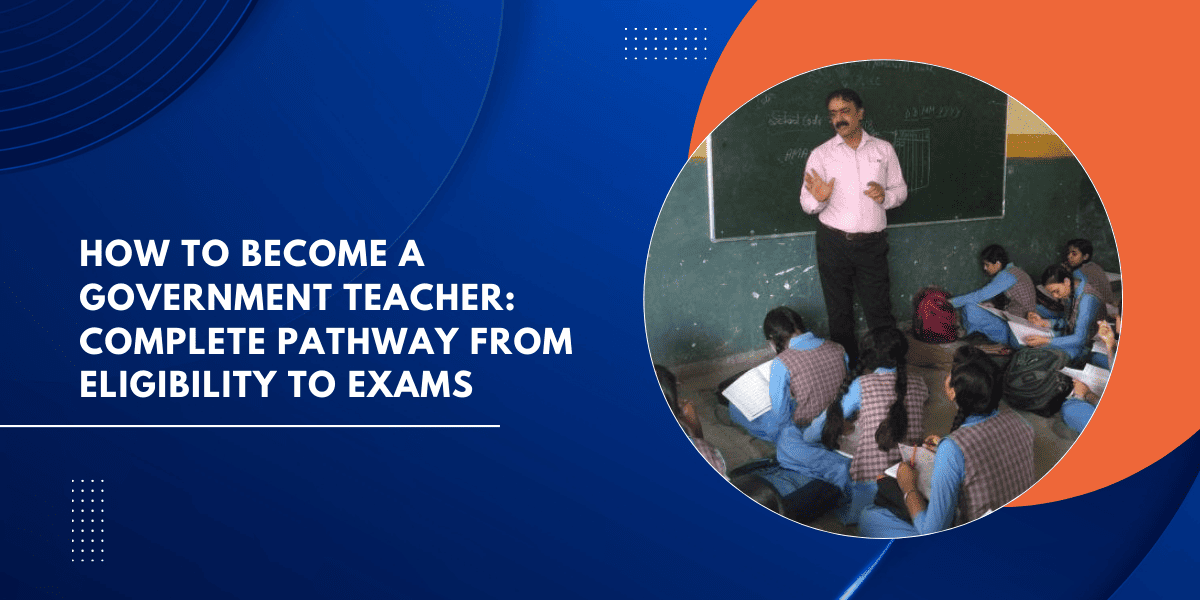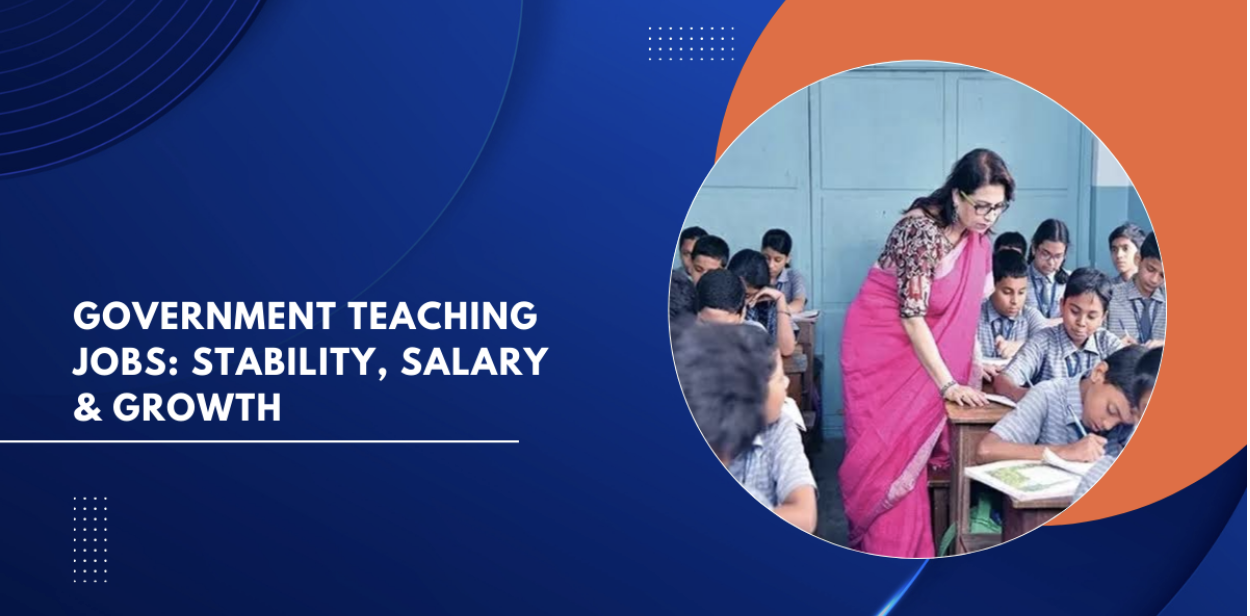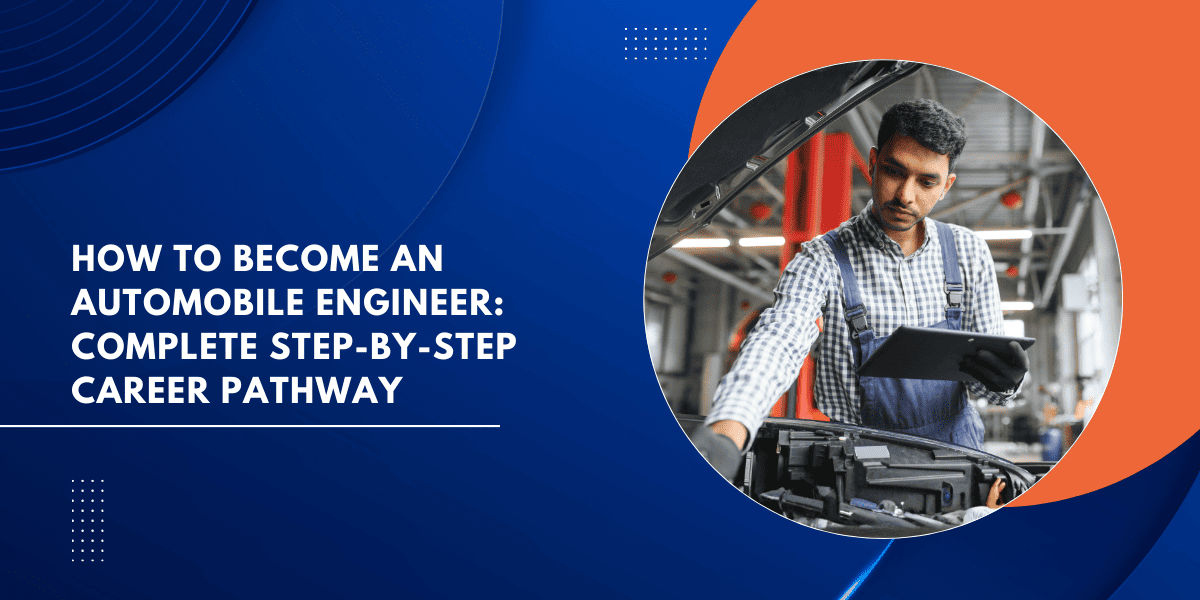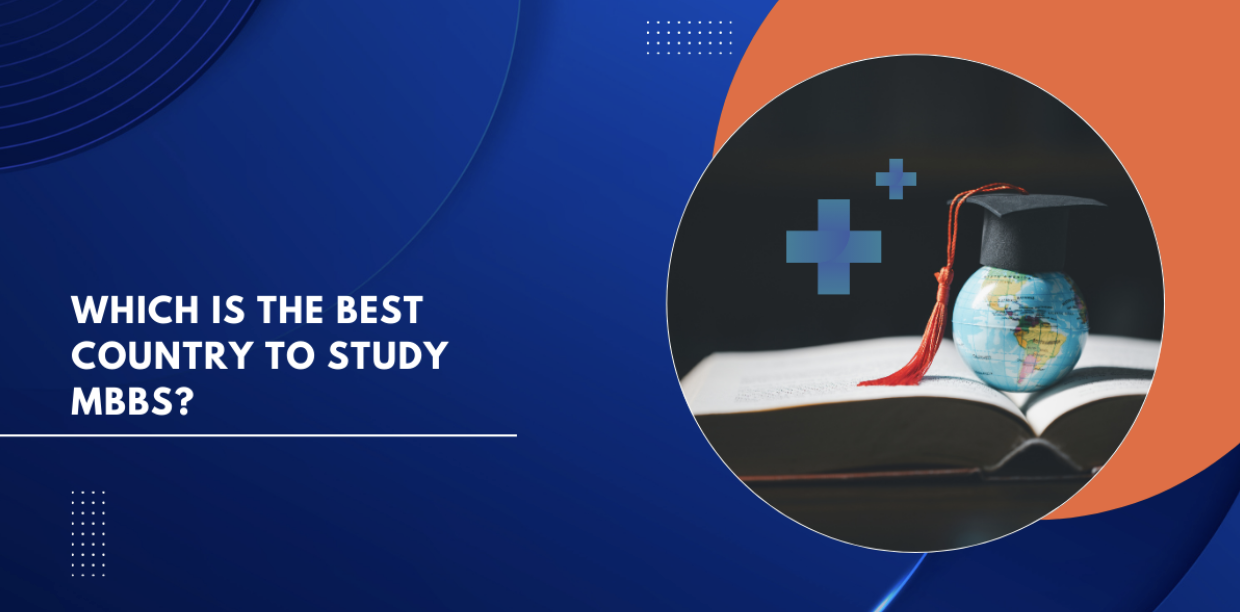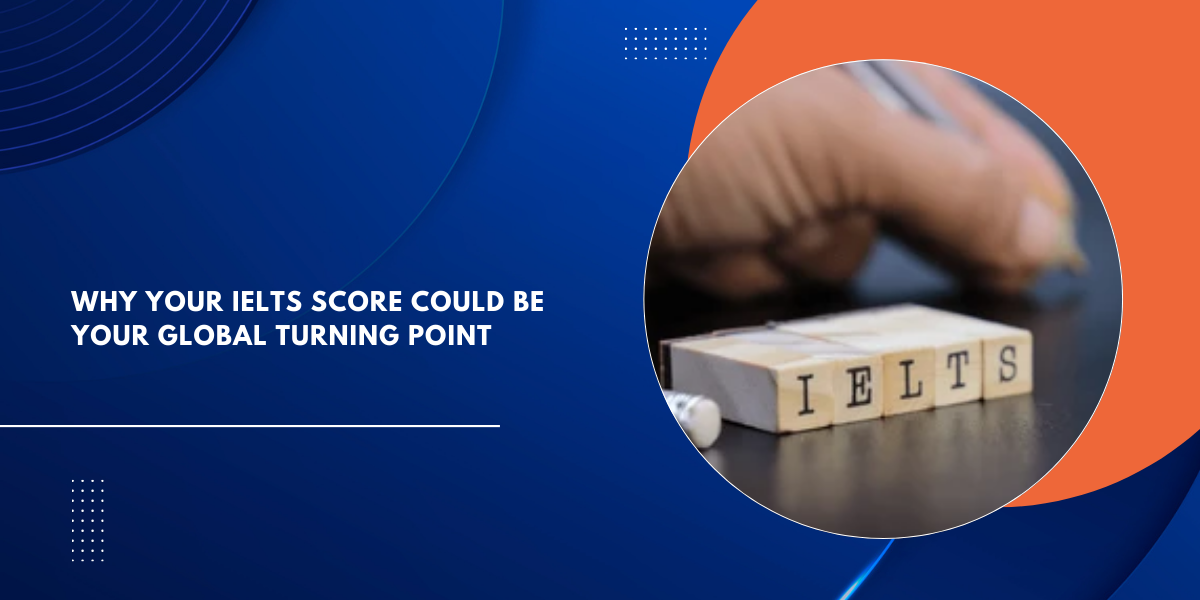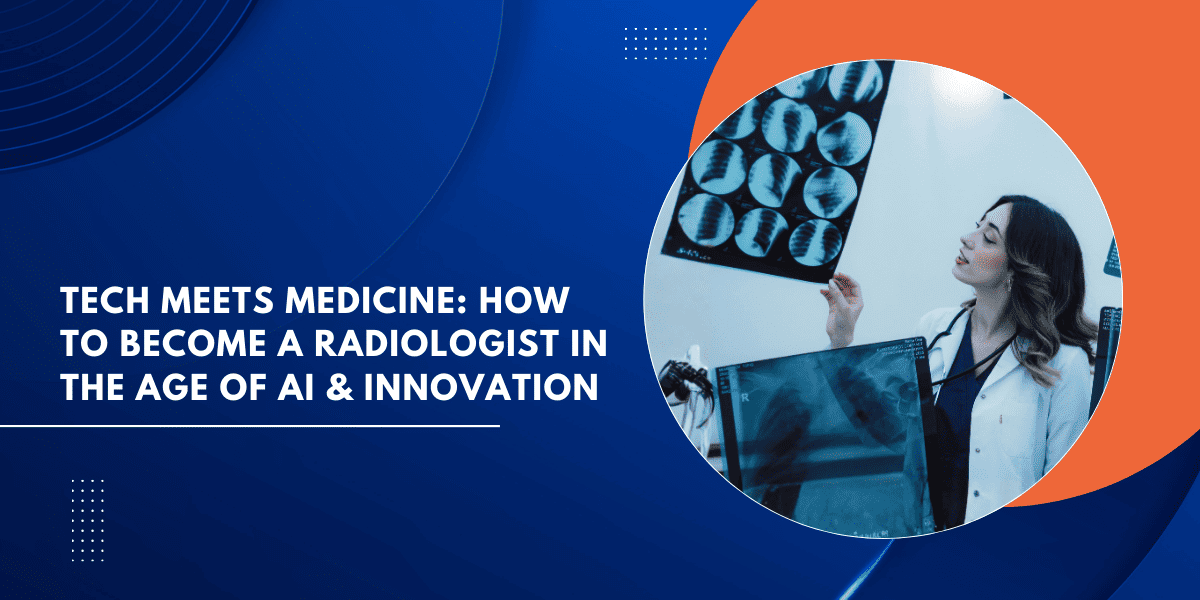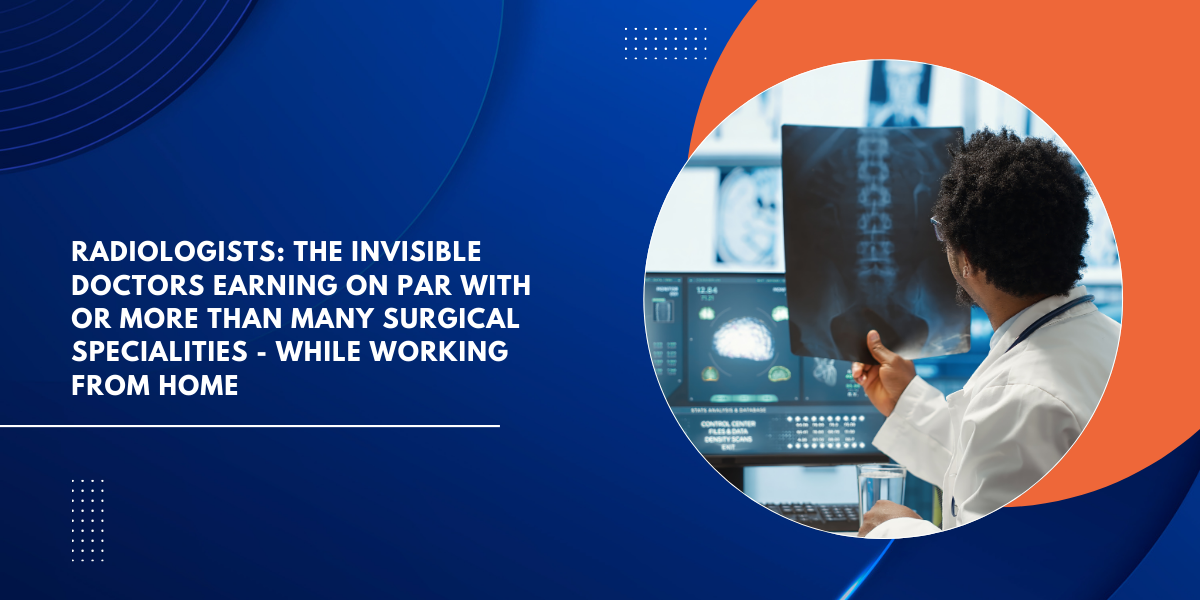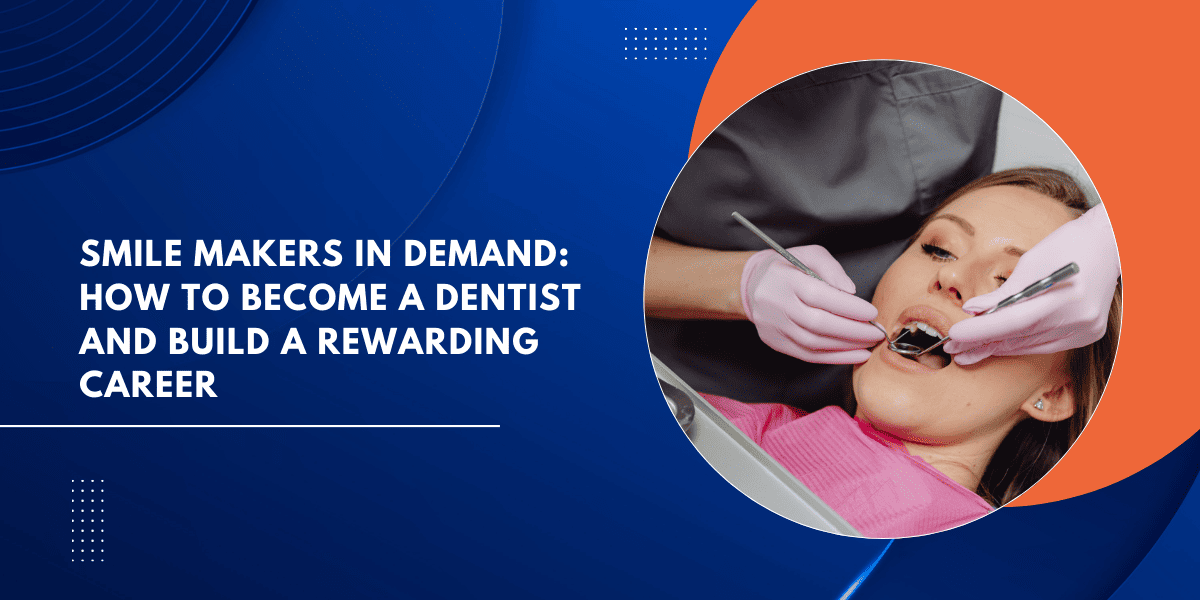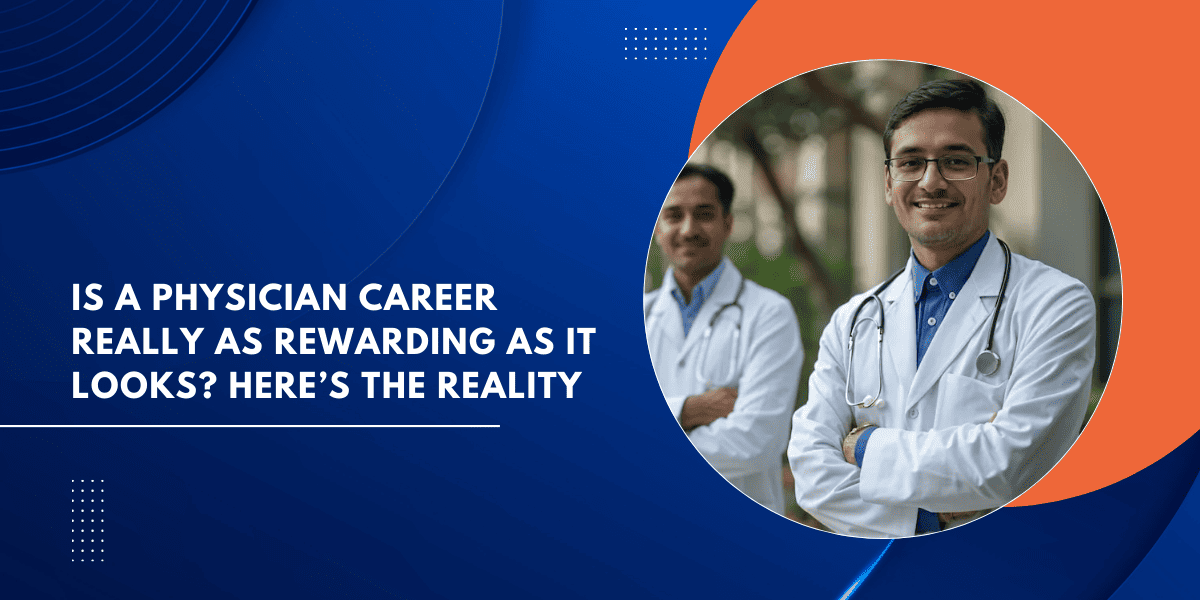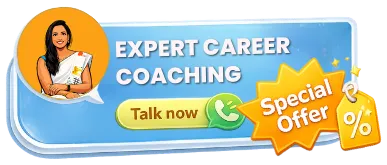By Indu R Eswarappa, Career Coach & Education Change-Maker
Hey there!
Ever thought about building websites, apps, or even full-scale platforms that millions of people use every day? If you enjoy solving problems, thinking logically, or just love technology, then full stack development might just be your thing.
Full stack developers are like digital architects—they work on both the front end (what you see on the screen) and the back end (the engine that makes it all run). Whether it’s designing sleek websites or building the logic behind online payment systems, full stack pros handle it all.
Let me tell you about Priya, a student from Pune. She always liked computers but didn’t want to wait till college placements to enter the tech world. After Class 12, she joined a coding bootcamp that taught her web development. Within a year, she built her own portfolio site, landed freelance gigs, and is now working as a junior developer while pursuing her BCA. According to her, starting early gave her a huge head start over her peers.
In my opinion, if you already know that tech excites you, there’s no reason to wait. The earlier you start coding, the more confident and job-ready you become. And yes, you can begin your full stack journey right after Class 12—even without a B.Tech degree.
Introduction to the Career
If you ask me, full stack development is one of the smartest and most future-ready tech careers out there and yet, many students don’t hear about it early enough.
Full stack developers work on both sides of a website or app: the front end (what users see and interact with) and the back end (the logic, database, and servers that make everything function). In India, the demand for skilled developers is skyrocketing. Startups, big IT companies, and even traditional businesses are hiring full stack developers to build and maintain their digital presence.
If you’re a student (or a parent guiding one) looking for a practical, future-ready career option after Class 12, full stack development could be the best option for you.
What’s the Future Like for Full Stack Developers?
If you ask me, the future for full stack developers looks incredibly promising especially if you start early. With every industry going digital, the need for people who can build and manage web and mobile applications is growing like never before.
According to reports by NASSCOM and other tech research firms, India alone will need over 1.5 million full stack developers in the next few years. That includes startups, IT firms, e-commerce brands, ed-tech companies, and even government projects that need strong digital infrastructure.
What’s exciting is that full stack developers aren’t stuck in one type of job. Some work on product teams, others go freelance, and some even build their own apps or start tech businesses. You’ll also find opportunities abroad, especially if you keep learning and building your portfolio.
In my opinion, this isn’t just another “IT job.” It’s a career that gives you the power to build solutions from scratch, work on meaningful products, and stay relevant in a fast-changing world.
Key Responsibilities
A lot of students I talk to are curious about full stack development but aren’t exactly sure what a full stack developer actually does. So let me break it down for you.
Full stack developers handle both front end and back end development. That means they work on how a site looks and how it functions. If you’ve ever used a mobile app that feels smooth and fast it was likely built by a solid full stack team.
Here are some of the key responsibilities:
Front End Development
- Designing web pages and user interfaces using HTML, CSS, and JavaScript
- Making sure the design looks good on both mobile and desktop
- Adding interactivity like dropdowns, forms, and animations
Back End Development
- Writing server-side logic using languages like Python, Java, or Node.js
- Working with databases like MySQL or MongoDB to store user data
- Managing user authentication and data security
Version Control & Deployment
- Using GitHub or GitLab to track and manage code
- Deploying the finished product to platforms like AWS, Firebase, or Netlify
In short, full stack developers see the big picture. They’re problem solvers who know how every part of a website or app connects and they love turning ideas into reality.
Work Environment
From what I’ve seen, full stack developers thrive in dynamic, collaborative environments where new challenges come up every day. You could be working from an office, a co-working space, or even from your bedroom with your laptop and headphones.
Here are a few common places where full stack developers work:
- Tech startups and IT firms
- Product-based companies (like e-commerce or fintech)
- Freelance platforms (like Upwork, Fiverr)
- Your own venture (yes, many students start side projects or build apps!)
The work environment is flexible and often remote-friendly. But it also demands discipline, logical thinking, and constant learning
Here’s what you’re typically expected to do:
- Collaborate with designers, product managers, and other developers
- Write clean, efficient code
- Troubleshoot bugs and improve performance
- Keep up with new frameworks, languages, and tech trends
- Present your work in team meetings or client reviews
If you’re someone who enjoys creating things from scratch, solving real-world problems, and staying updated with tech this path might be just right for you.
Educational Path and Learning Options After Class 12
If you’re planning to become a full stack developer after Class 12, here’s the good news—there’s no one “right” route. You can choose what fits your timeline, learning style, and goals. Whether it’s a short-term coding bootcamp or a full-time degree, what really matters is how much practical experience you gain along the way.
Here’s a simple breakdown of common learning paths:
Excel table
| Level | Course Name | Duration | Entrance/Eligibility | Popular Institutes/Platforms |
| UG Degree | BCA (Bachelor of Computer Applications) | 3 years | 10+2 with Math or Computer Science | Christ University, SRM IST, Symbiosis |
| UG Degree | B.Sc. IT or B.Sc. CS | 3 years | 10+2 with PCM | St. Xavier’s, VIT, Amity, MIT-WPU |
| UG Degree | B.Tech in Computer Science or IT | 4 years | 10+2 with PCM | JEE / State CET / Institute-specific IITs, NITs, VIT, SRM, PESU |
| PG Degree | M.Sc. IT / MCA / M.Tech | 2 years | 10+2 with PCM | UG in Computer Science/IT Manipal University, BITS Pilani, JNU |
| Diploma | Diploma in Web & App Development | 1 years | 10+2 (Science/Any stream) | Arena Animation, NIIT, Aptech |
Essential Skills You Need to Succeed
Now let’s be honest it’s easy to get excited about tech, but being a good full stack developer takes more than just knowing how to code. In my experience, the best developers are curious, creative, and committed to constant learning.
Here’s a mix of technical and soft skills you should focus on:
Technical Skills:
- HTML, CSS & JavaScript: These are your front-end basics. Everything users see on a website starts here.
- Frontend Frameworks: React.js, Angular, or Vue.js help you build interactive user interfaces faster.
- Backend Languages: Learn Node.js, Python, Java, or PHP to build the logic and data layers of your application.
- Databases: MySQL, MongoDB, or PostgreSQL help you store and manage data.
- APIs & Integration: Knowing how to connect front-end and back-end using REST or GraphQL APIs is crucial.
- Version Control (Git/GitHub): Helps you track changes, collaborate with teams, and manage your code effectively.
- Deployment & DevOps Basics: Understand platforms like Heroku, Netlify, or AWS to take your projects live.
Soft Skills:
- Problem-Solving: Every new feature comes with bugs or challenges you need patience and logic.
- Communication: Developers don’t work alone. You’ll need to explain your work to teammates or clients.
- Time Management: Whether you’re freelancing or in a team, deadlines matter.
- Adaptability: Tech changes fast. New tools, new languages you need to stay updated.
- Attention to Detail: One tiny error in your code can crash a site. Precision matters.

In my opinion, it’s this combination technical depth plus human skills that sets great full stack developers apart. You can always learn to code. But being consistent, staying curious, and building real-world projects? That’s where the magic happens.
Career Progression and Growth Opportunities
One of the best things about becoming a full stack developer is how flexible and rewarding the career path can be. Whether you start with a certificate course or a computer science degree, there are plenty of ways to grow as long as you keep building your skills and staying curious.
In my experience, full stack developers often start with junior roles maybe as front-end coders or interns. But once they gain confidence in both the front and back end, they move into more strategic, higher-paying roles like tech leads or product engineers. Some even become CTOs or start their own companies!
What’s more, this is one of those fields where experience matters more than degrees. If you’ve built good projects, contributed to real apps, or maintained codebases on GitHub, you can grow fast even without a B.Tech.
Here’s what a typical career path might look like:
Entry-Level: Junior Developer, Web Developer Intern, UI/UX Associate
Mid-Level: Full Stack Developer, Frontend/Backend Engineer, Technical Analyst
Advanced-Level: Software Engineer II/III, Lead Developer, DevOps Engineer, Cloud Developer
Specialised Roles: MERN Stack Developer, Mobile App Developer, API Integration Specialist
Entrepreneurship & Freelancing: Tech Consultant, Startup Founder, SaaS Product Builder
There’s also huge scope to work remotely or take up international freelance gigs. Platforms like Upwork, Toptal, and Fiverr are full of Indian developers working with clients from the US, Europe, and Australia.
In short, full stack development doesn’t just give you a job it gives you a growth path with real independence and global reach.

Salary Expectations & ROI–ROT
Now let’s get to a question I get all the time: “Will it pay off?”
If you ask me, full stack development is one of the best returns on both time and money especially when compared to long and expensive college routes.
Return on Investment (ROI):
Full stack education is surprisingly budget-friendly.
Education Costs:
- Bootcamps: ₹80,000–₹2.5 lakh (with placement support)
- UG Degrees (BCA/B.Sc. IT): ₹2–6 lakh over 3 years
Earnings Potential:
- Entry-level roles: ₹3–6 LPA (some bootcamp grads even start at ₹8 LPA!)
- Mid-level (3–5 years): ₹10–18 LPAFreelancers or remote jobs: Can earn in USD depending on the project
And here’s the interesting bit some students who start coding right after Class 12 begin earning freelance income within 6–8 months. That’s a great Return on Time (ROT) if you ask me.
So if you’re looking for a career that’s high-growth, flexible, and future-proof, full stack development gives you exactly that without burning a hole in your pocket.
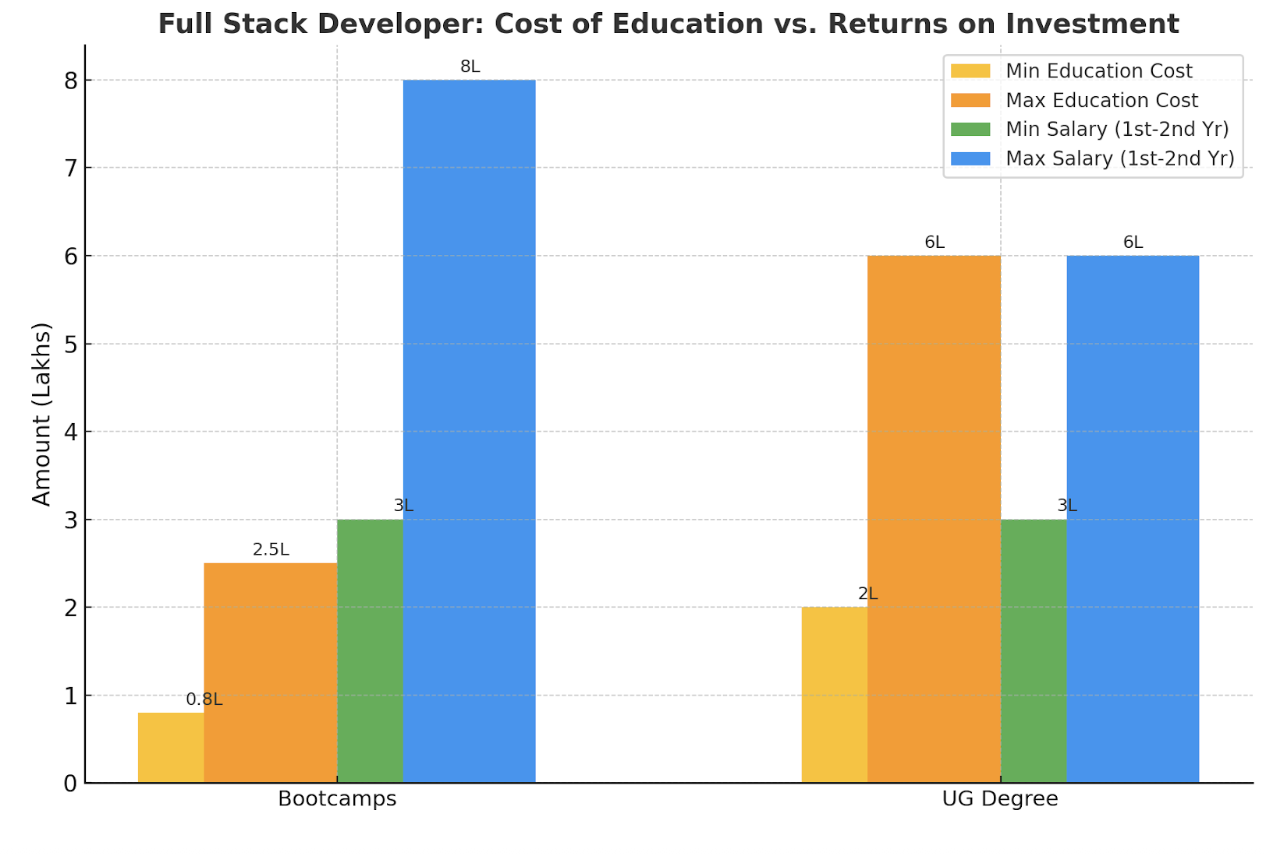
Return on Time (ROT)
Let’s talk about something that really matters—how soon can you start earning?
One of the biggest advantages of choosing full stack development is how quickly you can become job-ready. You don’t need to wait 3–4 years for a degree to start working. If you stay consistent and focused, you can begin freelancing or interning within a year of starting your training.
Education Duration:
- Diplomas in Web Development: 1 Year
- UG Degrees (BCA/B.Sc. IT): 3 years
- PG Degrees (optional): 2 years
Break-even Point:
Most students start earning within 1 to 2 years, especially those who go the bootcamp or certification route. Many even take up freelance projects during their course, building experience and income side by side.
Fast-Track Options:
Some students begin with short-term coding courses right after Class 12, and then pursue a formal degree through distance or lateral entry saving both time and money. It’s a smart route if you want early work experience without skipping higher education.
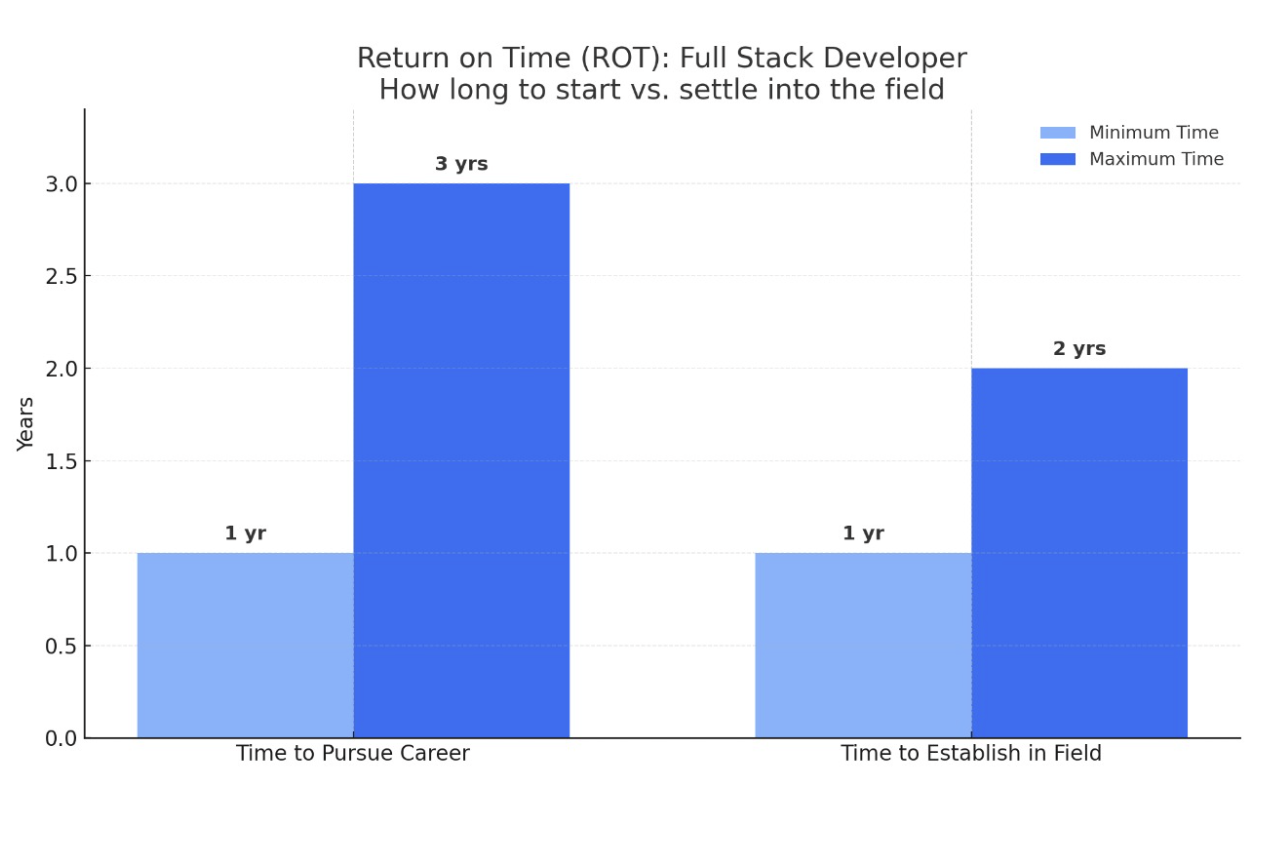
Future Prospects: The Next 20–30 Years
Full stack development isn’t just a trendy career it’s a future-proof one.
As more businesses move online and digital experiences become the norm, full stack developers will remain in high demand. Whether it’s AI tools, e-commerce apps, SaaS platforms, or government digital services, skilled developers are going to be the backbone of it all.
Here’s what I see coming in the next few decades:
- Cross-industry demand: From education to healthcare to fintech every industry now needs full stack developers.
- Rise of product-led tech roles: More Indian developers are building products, launching startups, or contributing to global platforms like GitHub and open-source projects.
- Remote work & global freelancing: You’ll have the option to work for international companies or clients from anywhere in the world.
- Specialisation opportunities: As you grow, you can branch into DevOps, cloud computing, machine learning, UI/UX design, or mobile app development.
- High relevance, long-term stability: New technologies may come and go, but developers who understand both the front end and back end will always be needed.
So if you’re thinking long-term, full stack development gives you both flexibility and staying power in the tech industry.
Final Thoughts
Thinking about becoming a full stack developer? I’d say it’s one of the most exciting and empowering choices you can make after Class 12.
Whether you want to build websites, apps, tools, or even your own tech product there’s a clear path forward. And the best part? You can start small and grow fast. You don’t need a fancy degree or years of experience to begin. Just the right mindset, consistent learning, and a few good projects to showcase.
If you love solving problems, enjoy creating things with code, and want a career that’s both creative and high-paying, this could be your calling.
I hope this guide helped you understand how to get started. And if you’re still unsure about which learning path or course to choose reach out anytime. I’d be happy to guide you based on your interests and strengths.
📚 References & Resources
FreeCodeCamp – Hands-on full stack development curriculum
Coursera / edX – Certificate programs in web development
LeetCode – Practice coding problems to strengthen your logic and technical interviews
National Skill Development Corporation (NSDC) – Skilling and certification support under IT and ITeS sectors

